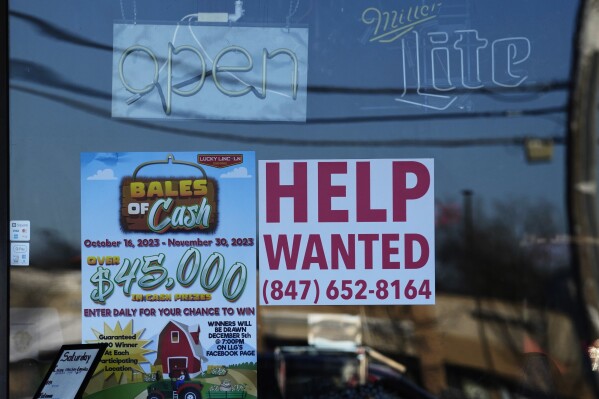West Virginia House OKs bill to phase out Social Security tax
CHARLESTON, W.Va. (AP) — West Virginia’s Republican-led House of Delegates approved a bill Thursday that would cut and gradually phase out the state income tax on Social Security benefits.
Eliminating the tax is a key priority for GOP Gov. Jim Justice, who announced it as part of his annual budget proposal during his final State of the State address last month.
In 2019, the Legislature passed a bill cutting the income tax on Social Security benefits for the state’s lowest earners — those making less than $100,000 filing jointly and $50,000 for a single person — over three years.
The proposal passed Thursday, which now heads to the Senate, would eliminate the tax for everyone else, also over a three-year period. The tax would be cut by 35% this year — retroactive to Jan. 1 — and 65% in 2025. The tax would be phased out completely by 2026.



It’s unclear what Justice will make of the proposal. His version would have eliminated the personal income tax on Social Security this year, retroactive to Jan. 1.
Speaking in support of the measure, Republican Del. Larry Kump of Berkeley County said states surrounding West Virginia don’t tax Social Security benefits.
“This issue regarding taxation on Social Security or any pension or retirement program really grinds my gears, gives me legislative heartburn. We’ve been fooling around with this taxation issue on Social Security for many years now, and I’m grateful that we’re going to be doing some more on it.”
Kump said he’s also concerned about retired public employees and how cost of living increases are impacting their pensions. “But that’s another issue,” he said. “Let’s go ahead and pass this bill. It’s certainly better than a poke in the eye with a sharp stick. And let’s keep the light on for these people.”
The tax cut would cost around $37 million in both 2025 and 2026 and would impact more than 50,000 households.
Disclaimer: The copyright of this article belongs to the original author. Reposting this article is solely for the purpose of information dissemination and does not constitute any investment advice. If there is any infringement, please contact us immediately. We will make corrections or deletions as necessary. Thank you.





